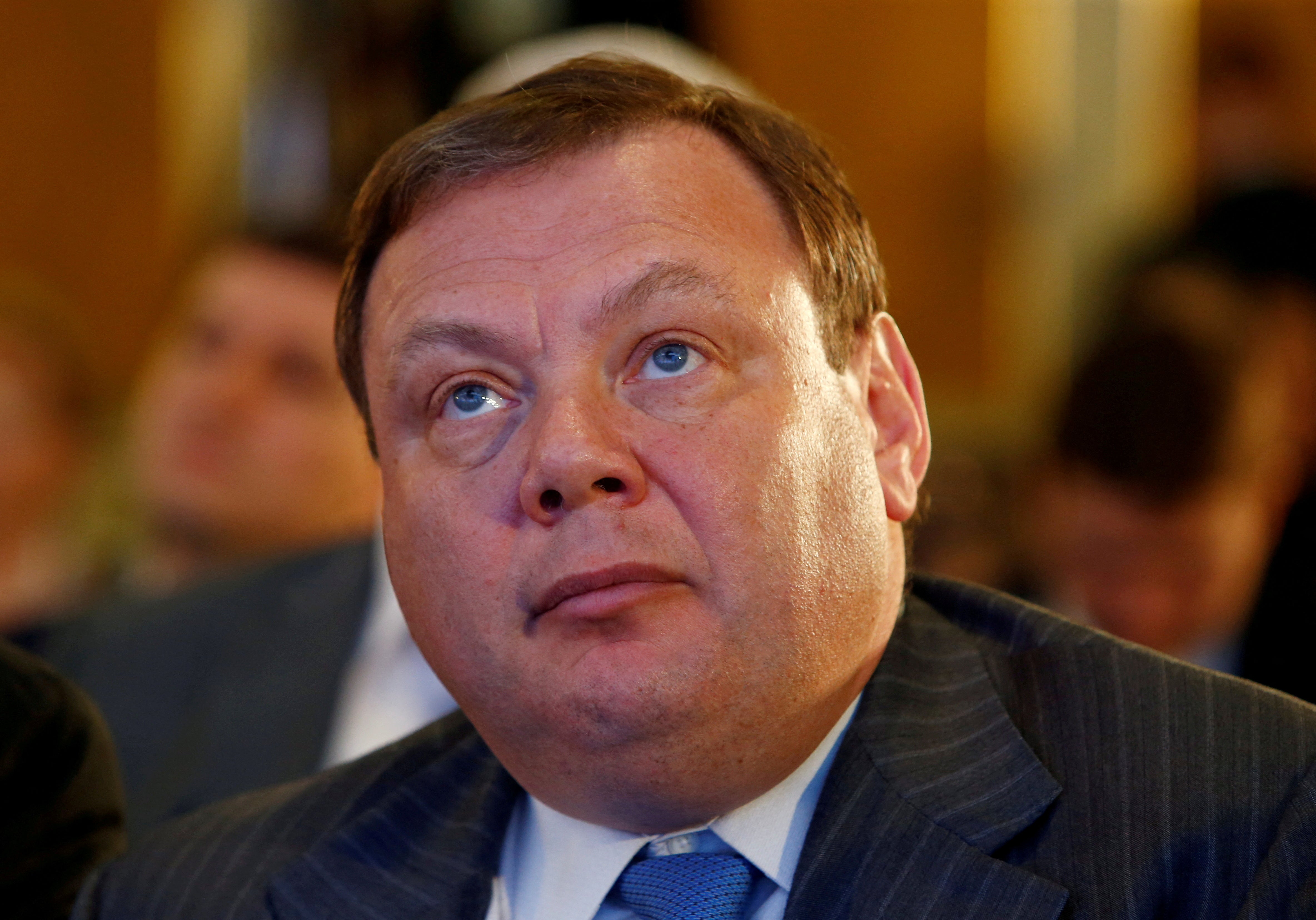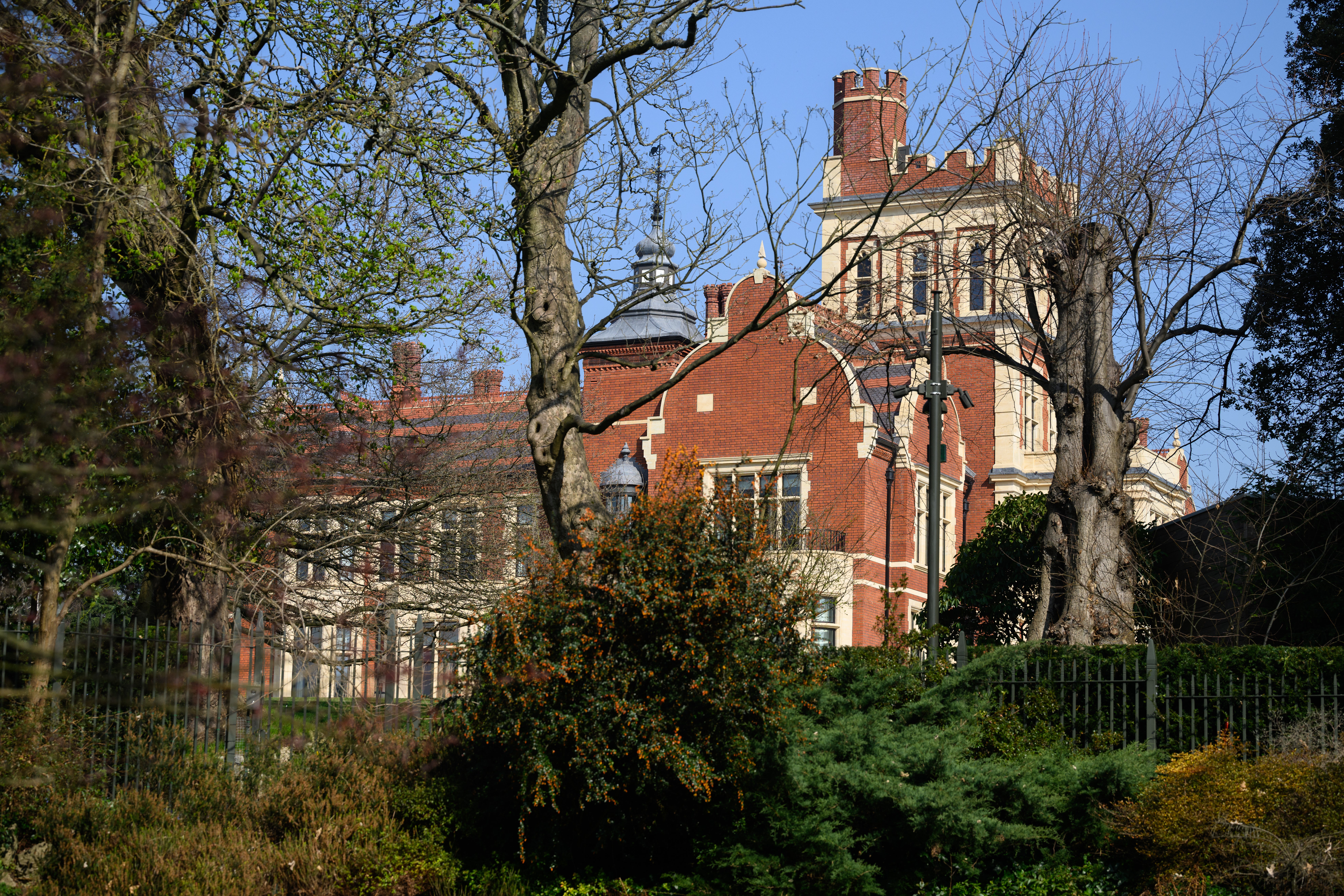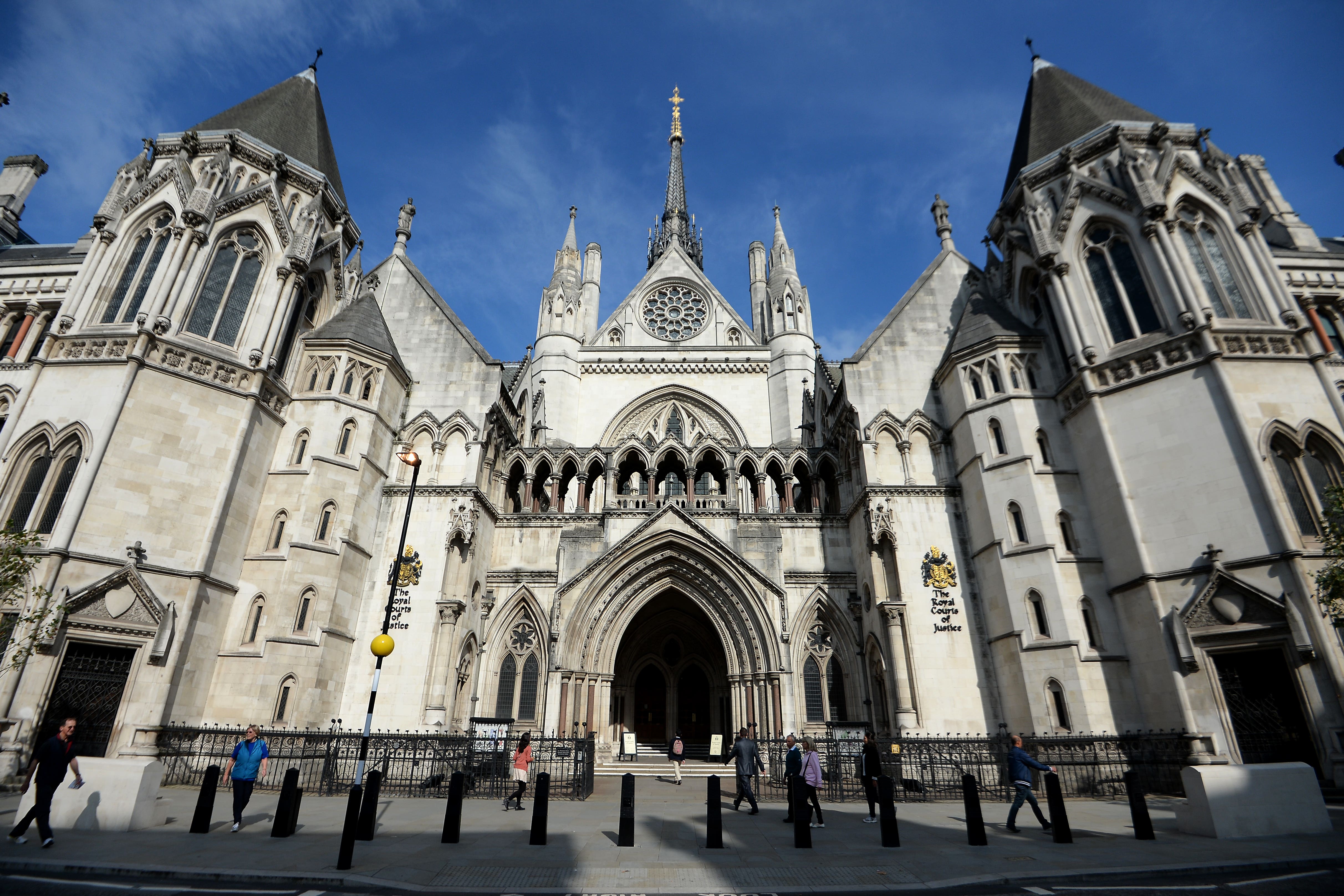Sanctioned Russian billionaire Mikhail Fridman loses High Court battle over upkeep of mansion
Mikhail Fridman had financial assets frozen by the UK government after Russia invaded Ukraine

Your support helps us to tell the story
From reproductive rights to climate change to Big Tech, The Independent is on the ground when the story is developing. Whether it's investigating the financials of Elon Musk's pro-Trump PAC or producing our latest documentary, 'The A Word', which shines a light on the American women fighting for reproductive rights, we know how important it is to parse out the facts from the messaging.
At such a critical moment in US history, we need reporters on the ground. Your donation allows us to keep sending journalists to speak to both sides of the story.
The Independent is trusted by Americans across the entire political spectrum. And unlike many other quality news outlets, we choose not to lock Americans out of our reporting and analysis with paywalls. We believe quality journalism should be available to everyone, paid for by those who can afford it.
Your support makes all the difference.Sanctioned Russian-Israeli billionaire Mikhail Fridman has lost a High Court challenge that would have allowed him extra funds to pay for the upkeep of his mansion.
The Ukrainian-born businessman took legal action after the Treasury’s Office of Financial Sanctions Implementation (Ofsi) denied permission for £30,000 monthly payments to cover the running costs of Athlone House, a multimillion-pound Victorian property in Highgate, north London.
Mr Fridman’s lawyers argued the decisions were unlawful, saying the 168-year-old property that he bought in 2016, and houses a £44 million art collection, faces “risks of neglect”.
Ofsi said it refused spending requests that would enable Mr Fridman to enjoy his pre-sanctions “lifestyle” and that it rejected payments to Athlone House Limited (AHL), a company maintaining the property, because its sole director, Nigina Zairova, is also subject to sanctions.
In a written judgment issued on Thursday, Mr Justice Saini dismissed Mr Fridman’s legal challenge, ruling that Ofsi had acted lawfully, rationally and not in a “procedurally unfair way”.
The judge said the purpose of the sanction regime would be “undermined” if payments were permitted to be made to a company controlled by a sanctioned person.

He noted that Mr Fridman was seeking “relatively modest” amounts when compared to sums that had already been authorised by Ofsi “which run into several millions”.
The sanctions office has licensed total annual future payments in relation to maintenance and “basic needs” of around £760,000, while also granting arrears and one-off payments in the past of about £1.38 million and 29,000 Euros.
The judge said Athlone House, which was built in 1855, had five acres of landscaped garden designed “to emulate the palace at Versailles”.
After buying the 33,173 square feet derelict house, Mr Fridman renovated it “at substantial cost”, with it containing an art collection “of cultural significance”.
At the time of a hearing earlier this month, the billionaire had left the UK for Israel and then travelled to Russia, the judge said.
His lawyers told the court he plans to return to the UK, but the judge said this not possible because he was an “excluded person” under immigration law.

Mr Fridman had financial assets frozen in March last year following the start of Russia’s invasion of Ukraine, originally on the basis of alleged links with President Vladimir Putin.
But the court was told that the businessman denies being an oligarch, says he is not associated with Mr Putin, nor is he “pro-Kremlin” and is not supporting Russia’s war efforts.
In September, Mr Fridman’s “designation” under the sanctions regime removed allegations he was “pro-Kremlin”.
His barrister Rachel Barnes KC said in written arguments that Mr Fridman remains on the sanctions list based on “his former governance positions relating to Alfa Bank Russia”.
Malcolm Birdling, for Ofsi, said in written arguments that it had previously permitted £1,974.43 monthly payments for CCTV and £24,083 monthly payments in relation to seven security staff.
He said Ofsi “rationally” concluded that “an estate director/manager, six housekeeping assistants, two handymen and one individual providing ad hoc services” are not necessary to maintain the house.
He added that Mr Fridman has “a strained and unrealistic interpretation” over what counts as “basic needs” under the sanctions regime.
Mr Fridman made his fortune in Russia across banking, retail, oil and telecoms, through companies Alfa Group and Letter One, before moving to London in 2015.
In July, he received the go-ahead to bring a challenge at the High Court over the National Crime Agency’s raid on Athlone House in December last year. A hearing is expected to take place on November 14.
Additional reporting by PA